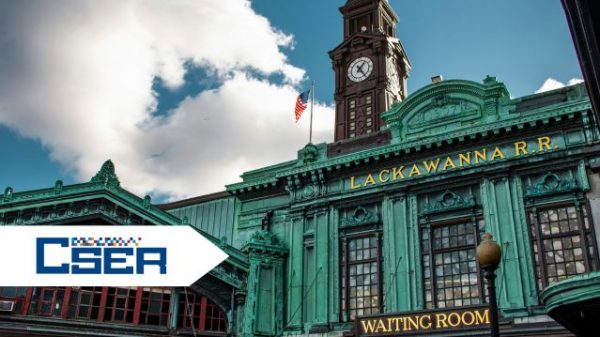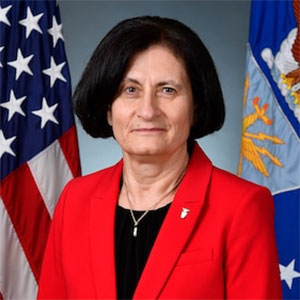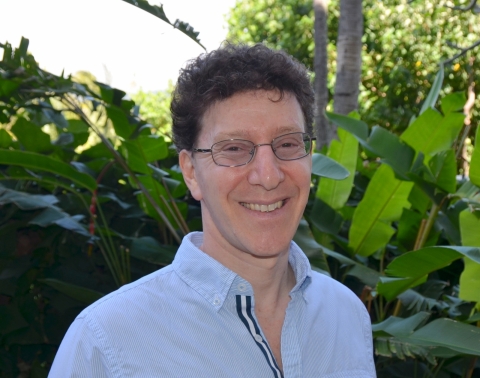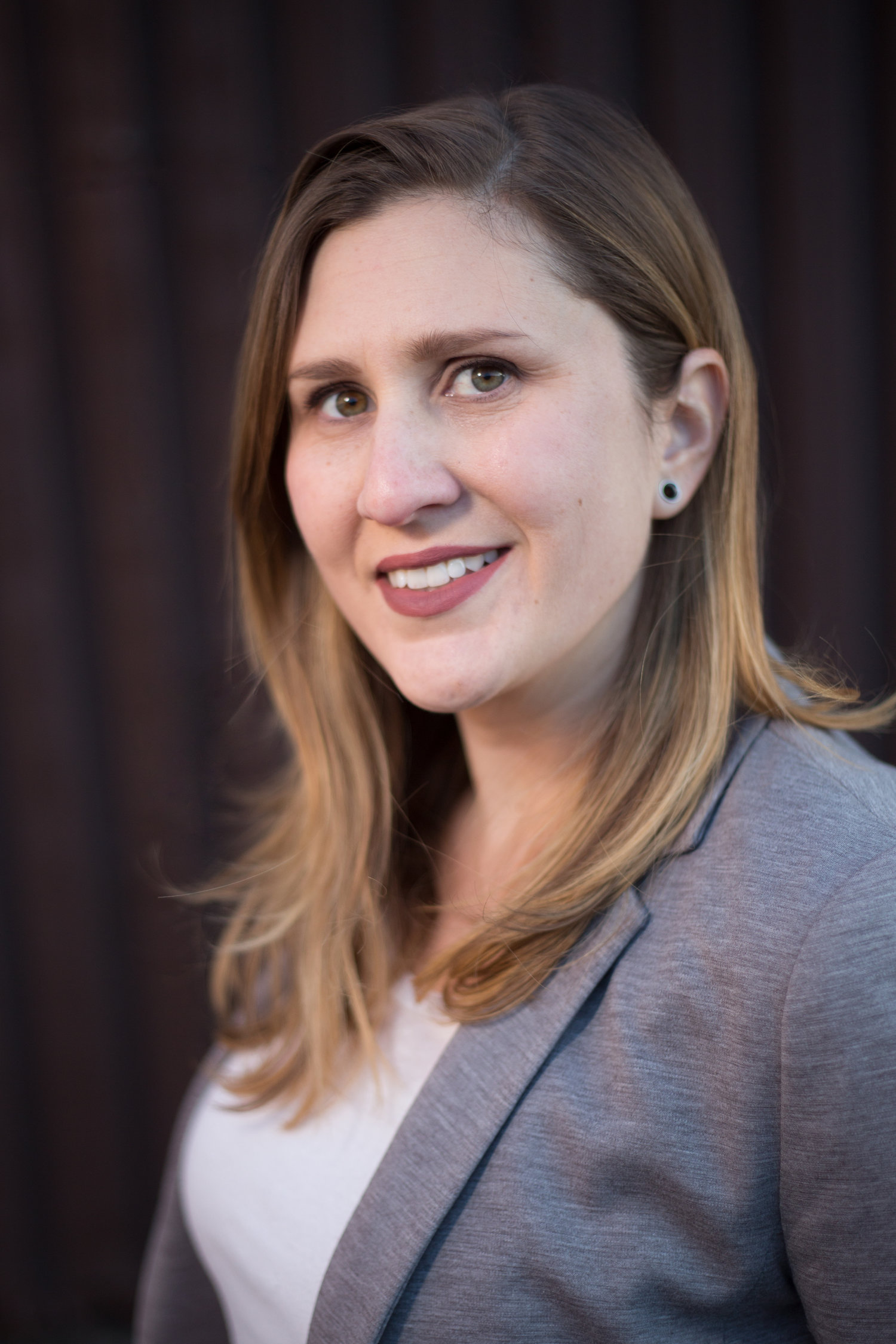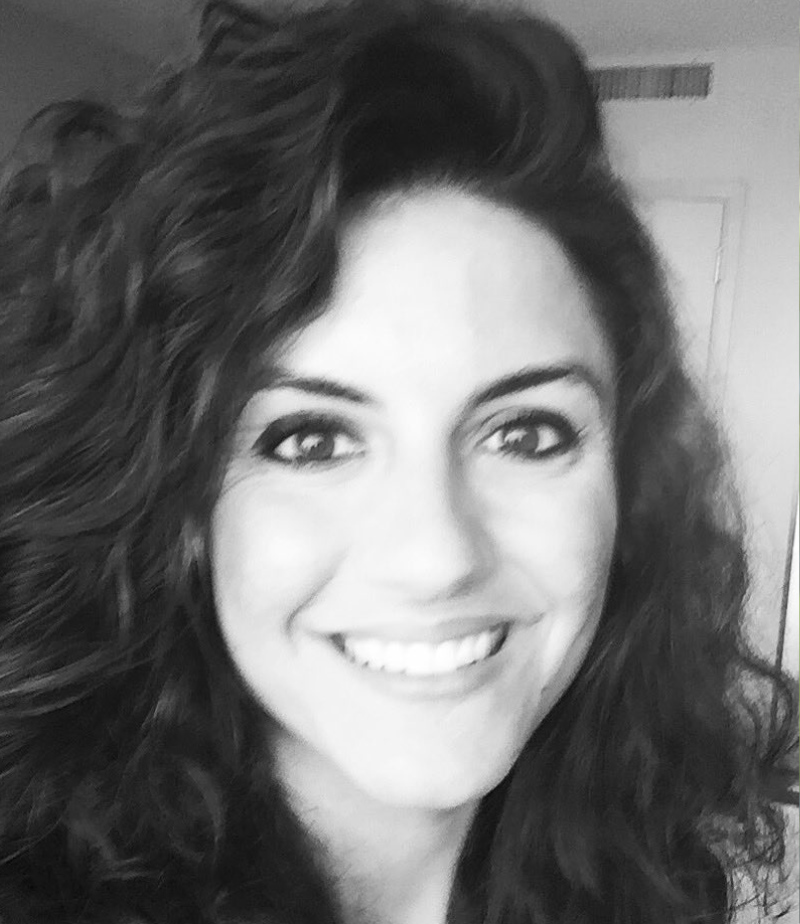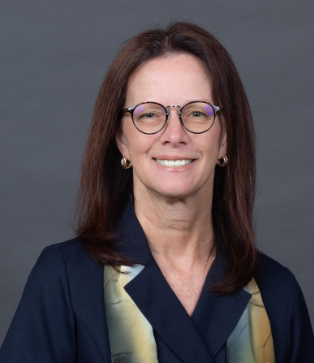Tactical Autonomy: From S&T to Capability
Dr. Victoria Coleman, Chief Scientist of the United States Air Force
Abstract: With the advancement of AI/ML capabilities in recent years, autonomy is quickly becoming realizable in many fields, from self-driving cars to autonomous aircraft. The Secretary of the Air Force has named un-crewed autonomous combat aircraft as key components defining the NGAD and the B-21 families of systems in his operational imperatives. This requires the development of Tactical Autonomy, which the DAF defines as autonomous systems acting with delegated and bounded authority of humans in support of tactical, short-term actions associated with a longer-term strategic vision. This talk will address the role of S&T in achieving Tactical Autonomy and the work needed to move this from the lab environment to a capability in the hands of Warfighters.


